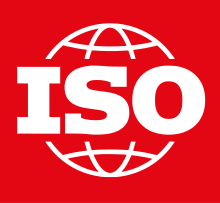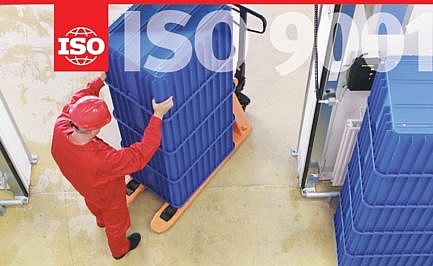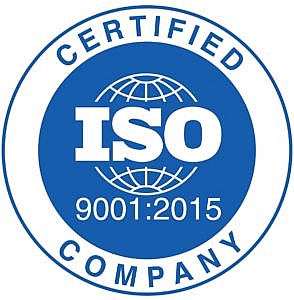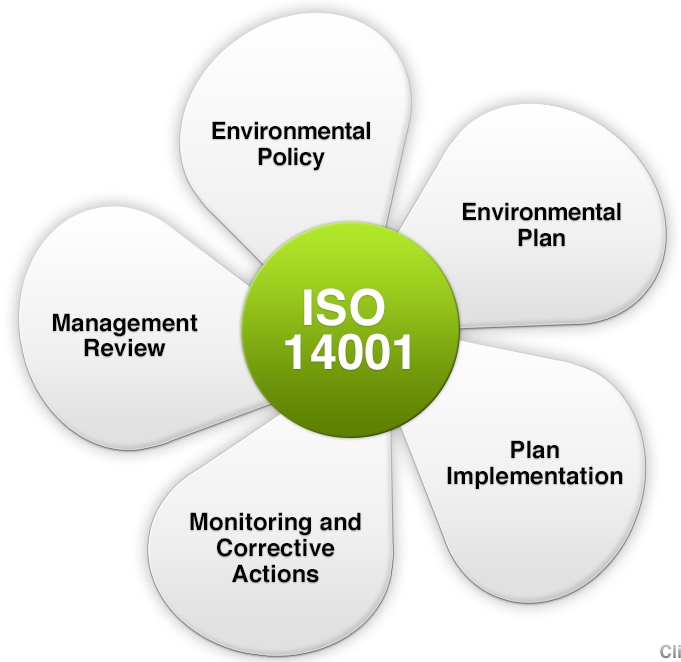Growing Your Business –
“ISO STANDARDS FOR BUSINESSES LARGE AND SMALL”

What is less well known is that ISO management systems offer the same benefits to smaller businesses as they do to multinationals. By bringing a methodical and harmonized approach, complex concepts such as quality management are defined in a way that is easy to grasp and implement. But more than this ISO Standards have proven potential to save money through more efficient use of resources, such as energy.
Below you can find out more about the most commonly-used business management standards, who develop them, and new projects in the pipeline.
When things don’t work as they should, it often means that standards are absent.
What is ISO 9001?
ISO 9001 is a standard that sets out the requirements for a quality management system. It helps businesses and organizations be more efficient and improve customer satisfaction.
Is it very complicated?
No. ISO 9001 can seem difficult at first but the concepts behind the standard are very simple. The seven quality management principles are a good place to start and will be of great help when it comes to defining your quality management system. In addition, a lot of supporting information is available from your ISO member, the group of experts responsible for the standard.
Isn’t it the preserve of big business?
No. The standard can be used by any organization, regardless of size or type. While small companies may not have staff dedicated to quality, they can still enjoy the benefits of implementing the standard. Tips for small businesses can be found in the publication ISO 9001 for small businesses. What to do, available from your ISO member or through the ISO Consultant.
Is it very expensive?
The standard itself is reasonably priced and can be purchased from the ISO member in your country or through your nearest ISO Consultant. Getting certified to the standard – which is not compulsory – will incur extra costs that can vary according to the certification body you choose and where you are based (ISO does not perform certification). Some companies may also decide to use an external consultant. This is not strictly necessary, however, and a lot of helpful advice can be found in supporting publications available from ISO and its members.
Isn’t it just for manufacturers?
No, the standard can be used by any organization, including service providers such as hospitals, banks, or universities. In fact, the most recent version of the standard was specifically designed to be more accessible to an organization outside the manufacturing sector.
Will it help me increase my profits?
ISO 9001 can help bring financial benefits in a number of ways:
- Using ISO 9001 can increase productivity and efficiency, thus lowering the costs of an organization.
- Using ISO 9001 can improve customer experience, resulting in repeat business, increased sales, and additional income for your business.
- Getting certified to ISO 9001 can enhance your reputation, attracting new customers to your organization.
What benefits will it bring to my business or organization?
Implementing a quality management system will help you:
- Assess the overall context of your organization to define who is affected by your work and what they expect from you. This will enable you to clearly state your objectives and identify new business opportunities.
- Put your customers first, making sure you consistently meet their needs and enhance their satisfaction. This can lead to more repeat custom, new clients, and increased business for your organization.
- Work in a more efficient way as all your processes will be aligned and understood by everyone in the business or organization. This increases productivity and efficiency, bringing internal costs down.
- Meet the necessary statutory and regulatory requirements.
- Expand into new markets, as some sectors and clients require ISO 9001 before doing business.
- Identify and address the risks associated with your organization.
ISO 14001:2015 (Environmental Management Systems)
ISO 14001:2015 specifies the requirements for an environmental management system that an organization can use to enhance its environmental performance. ISO 14001:2015 is intended for use by an organization seeking to manage its environmental responsibilities in a systematic manner that contributes to the environmental pillar of sustainability.
ISO 14001:2015 helps an organization achieve the intended outcomes of its environmental management system, which provides value for the environment, the organization itself, and interested parties. Consistent with the organization’s environmental policy, the intended outcomes of an environmental management system include:
- enhancement of environmental performance;
- fulfillment of compliance obligations;
- achievement of environmental objectives.
ISO 14001:2015 is applicable to any organization, regardless of size, type, and nature, and applies to the environmental aspects of its activities, products, and services that the organization determines it can either control or influence considering a life cycle perspective. ISO 14001:2015 does not state specific environmental performance criteria.
ISO 14001:2015 can be used in whole or in part to systematically improve environmental management. Claims of conformity to ISO 14001:2015, however, are not acceptable unless all its requirements are incorporated into an organization’s environmental management system and fulfilled without exclusion.
Reach ISO consultants today regarding your business. As your procedures improve, become increasingly steady, and you accomplish your objective destinations with more prominent normality, you will see substantial outcomes. This is why ISO certification is important. Your procedure waste will diminish, as an added bonus.
Source: iso.org








